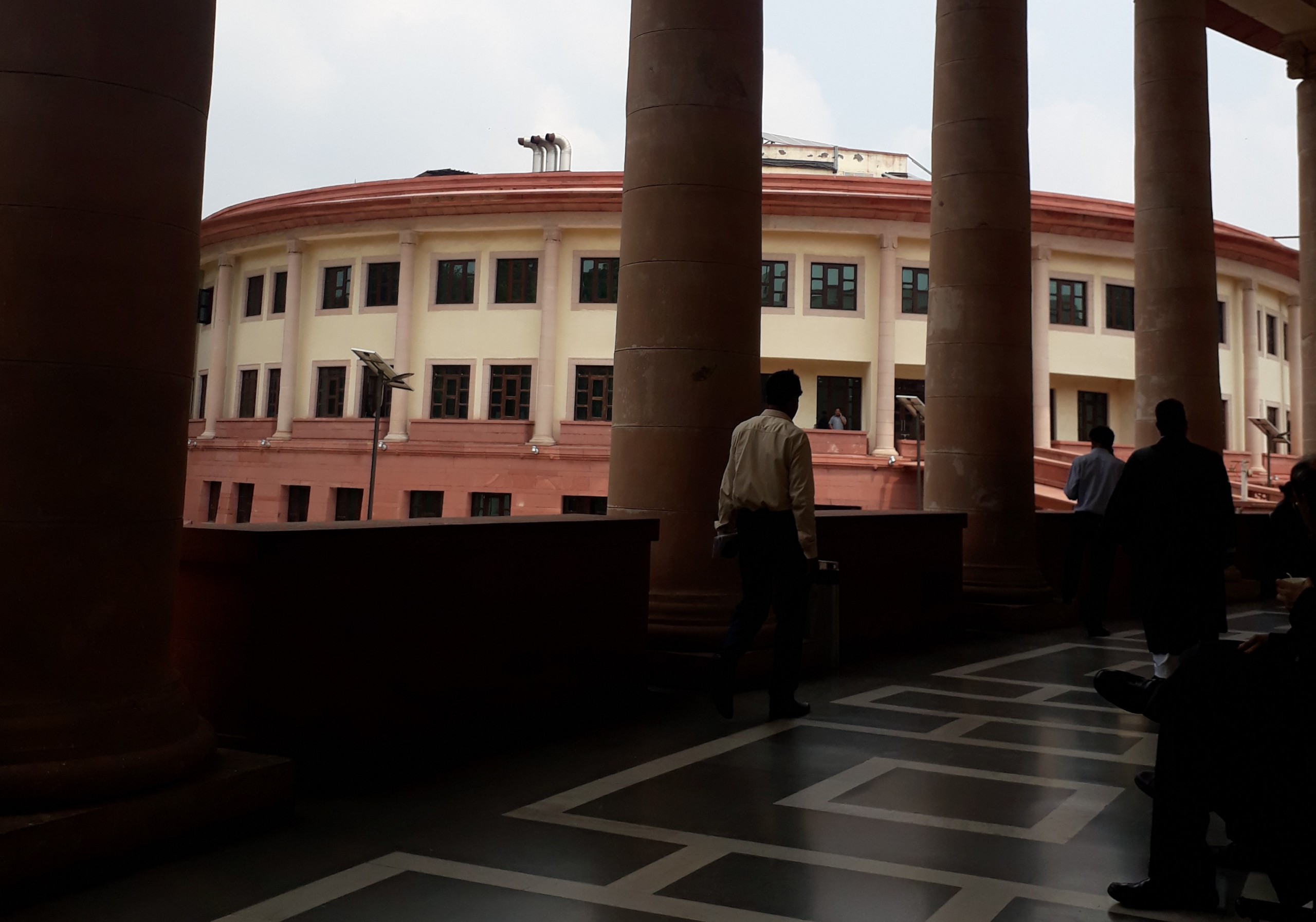Summary
This tutela case concerned the requirement that the state provide health services to a group of children living in an impoverished area of Bogotá. Four hundred and eighteen families brought this action against the Ministry of Health and the District Secretary of Health seeking free vaccines against two strains of bacterial meningitis. The plaintiffs argued their case under Article 44 of the Colombian Constitution, which guarantees certain freedoms and protections to children, and under various treaties to which Colombia subscribed. The case was brought as a tutela action – a procedure through which a judge declares immediate application of a fundamental right – which the lower court granted, requiring the public authorities to draw up a plan within the next 48 hours to administer vaccination to the class of children cited.
A crucial ruling of the Court concerned the use of the tutela action regarding fundamental rights. First, it addressed the issues of fundamental rights requiring affirmative action by the state such as the right at issue here: the fundamental right of children to health and dignity. The Court found that the best way to enforce such rights without encroaching on the fundamental purpose of the legislature was to delineate the rights within the essential nucleus of the affirmative right and leave to the legislature the ability to define them in a more concrete manner. However, the State must provide the basic necessities required of the rights delineated.
The Court articulated a two-step analysis of the fundamental rights of children. First, the state has the responsibility to take care of the basic necessities of the right. Second, the state the burden of proving either that the child’s family had the ability to provide the necessity, or that providing the necessity would severely impede upon the state’s ability to attend to other fundamental rights of equal or more serious nature.
In this case, the Court found that the lack of meningitis vaccinations, which could result in death or serious health consequences, failed to protect the basic necessities of the right and that the State did not meet its burden in proving the ability of the children’s families to provide the care, nor did it provide proof that administering the vaccine would impede upon its ability to address other fundamental rights.
Second, the Court discussed the availability of tutela actions when there is a violation of social or economic rights that are tied to a fundamental right but are not fundamental themselves. Only when an act or omission amounts to a grave violation of human dignity can it be granted tutela review. Here, the Court found that the duty of the State to eradicate injustice towards discriminated and marginalized groups under Article 13 of the Constitution was tied to the State’s failure to administer meningitis vaccines to impoverished children.
The Court articulated the following analysis for finding a violation of Article 13. First, the judge should identify the group that is marginalized or discriminated against. Second, it must demonstrate the lack of a basic necessity caused by inattention of the state. Third, it should consider the reasons put forth by the state for failing to comply with the constitutional mandate. And finally, it should make a constitutional determination of the severity of noncompliance based on the factual and legal arguments of the case. In this case, the Court found a failure of the state to demonstrate a reason for non-compliance, and therefore the lower court’s ruling was affirmed.

